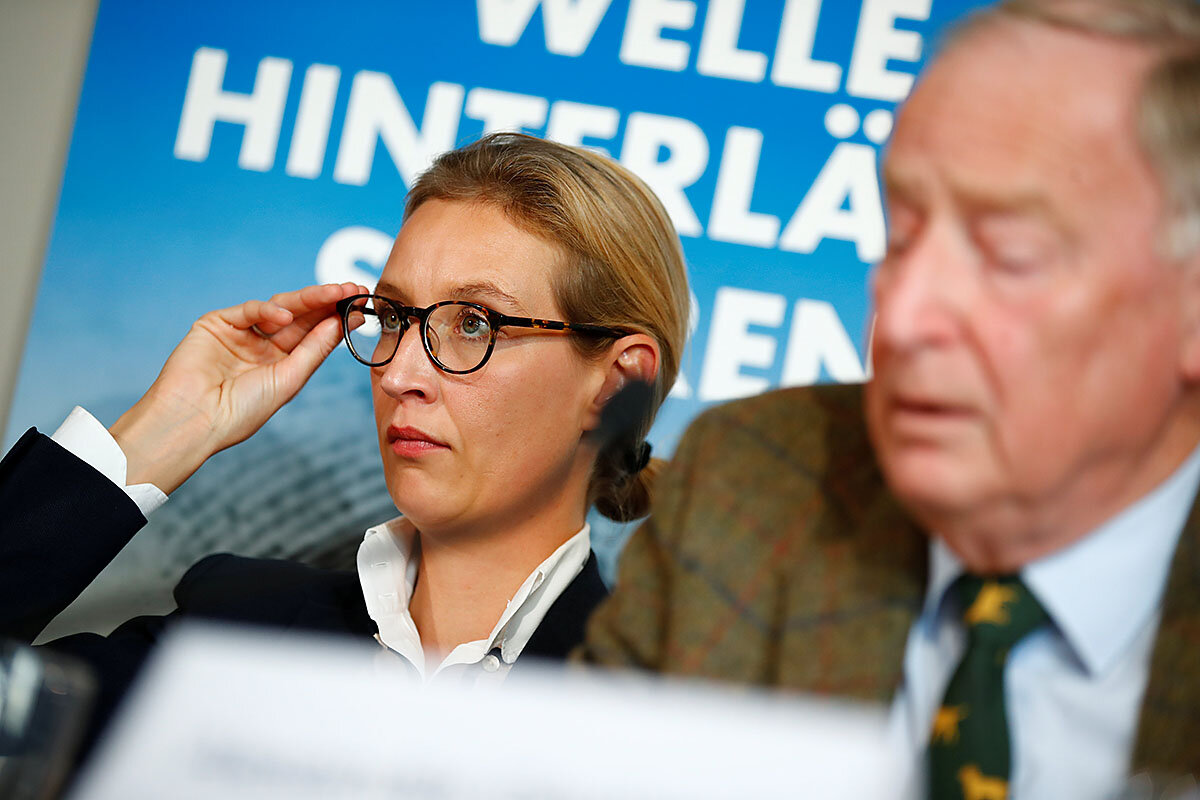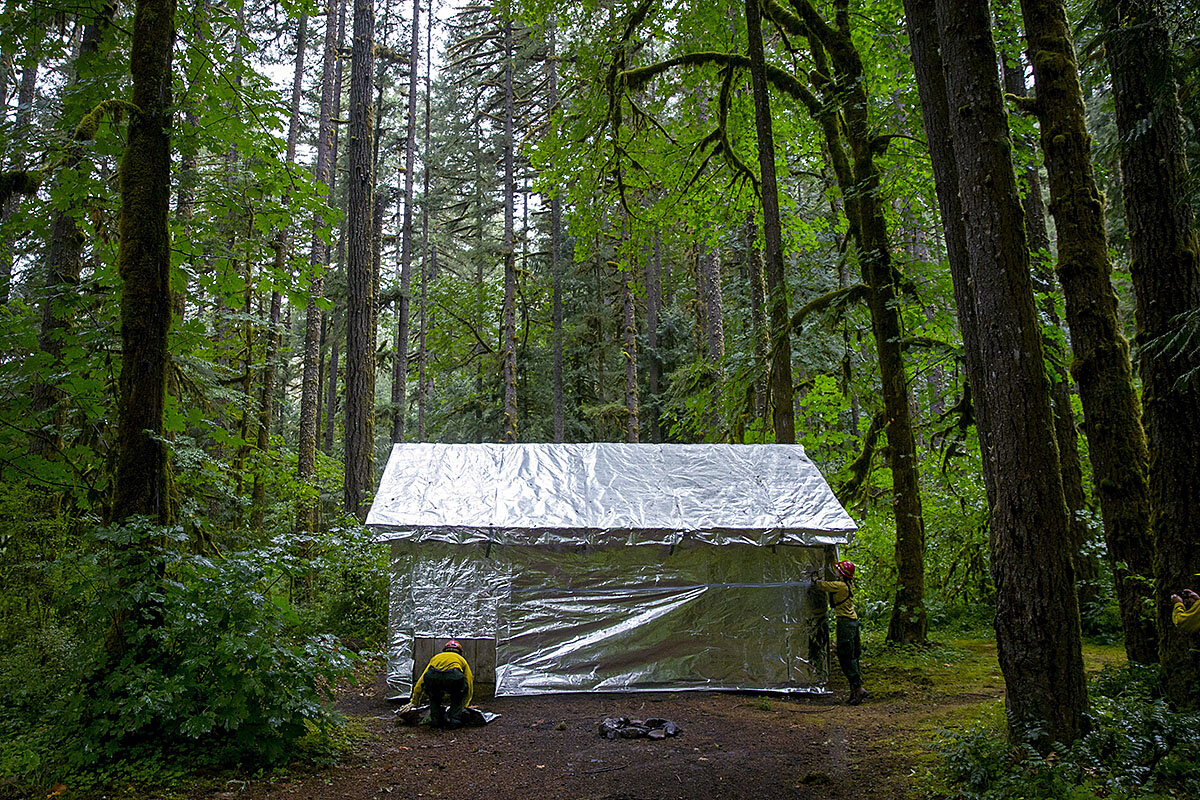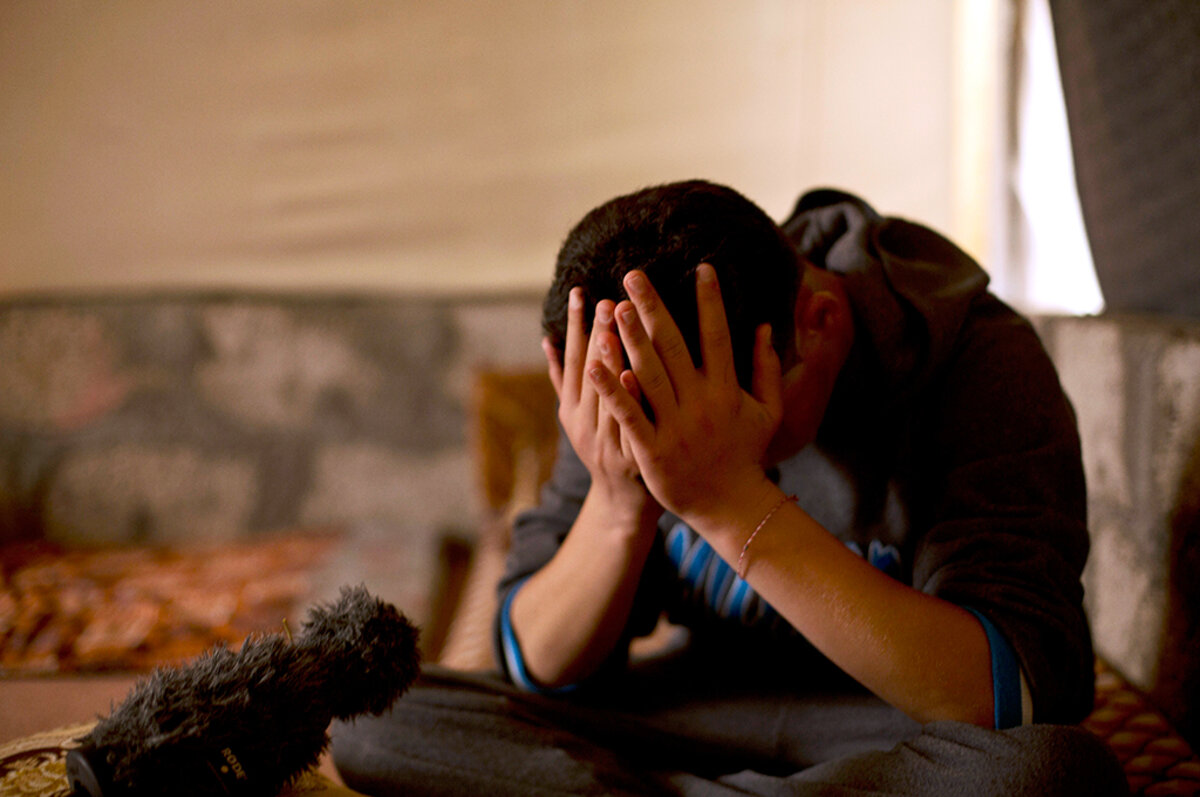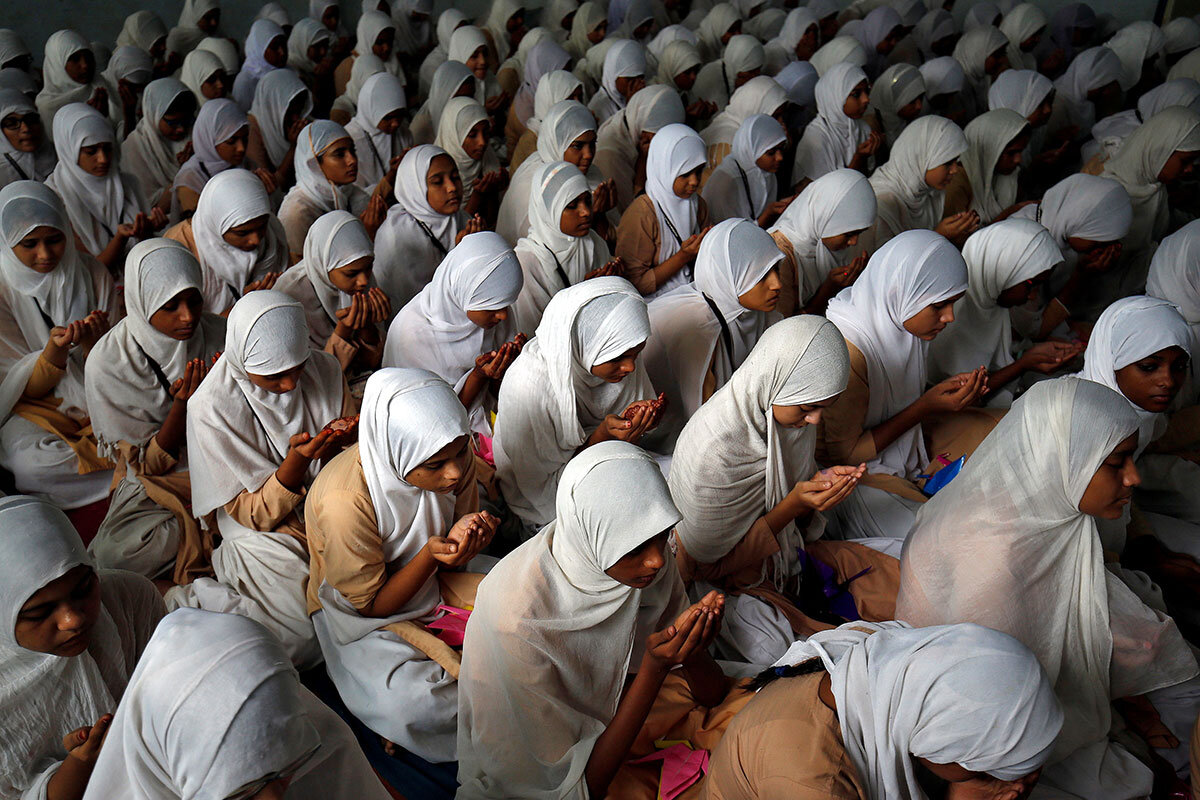Is WikiLeaks's data dump about Russia – possibly the first of many – a smokescreen? Experts are parsing the motives behind a long-threatened release of documents related to the country's surveillance culture.
Monitor Daily Podcast
- Follow us:
- Apple Podcasts
- Spotify
- RSS Feed
- Download
 Amelia Newcomb
Amelia Newcomb
The Vietnam War has been a difficult conversation for Americans. After its bitter end in 1975, it didn’t crop up much at the dinner table. It took its time to enter textbooks. It became a “syndrome” that evoked aversion to overseas military engagements.
This week, with “The Vietnam War,” Ken Burns and Lynn Novick started a fresh conversation, not just in the United States but globally. The series has been licensed in 43 countries, a record for Burns, and PBS is streaming it in Vietnam, concurrent with its US airing.
The 10 episodes traverse a wide spectrum of emotions: pride and despair, service and sacrifice, protest and distrust. A youngster during that era, I recall vignettes: a friend’s relief at her brother’s high draft number; the bracelets we wore, poignantly engraved with a POW’s name.
Monitor colleague Brad Knickerbocker, who flew combat missions in Vietnam, told me he anticipated the series with curiosity and dread. He notes that one image, of “that rusted nose cone along Ho Chi Minh Trail, might have been one of mine.”
And he reflects: "If only five presidents had had courage to do the right thing, if only somebody had explained the history of Vietnam to me when I was a newly minted naval officer, I might not have become a combatant.” In 1982, he attended the dedication of the Vietnam Memorial on the National Mall in Washington. Amid the press of 400,000 people, he ran into a good friend, a Marine Corps helicopter pilot he hadn't seen since 1965. A photo of a warm embrace speaks to another facet of that conflict as well.
Now, our five stories for your Thursday.










